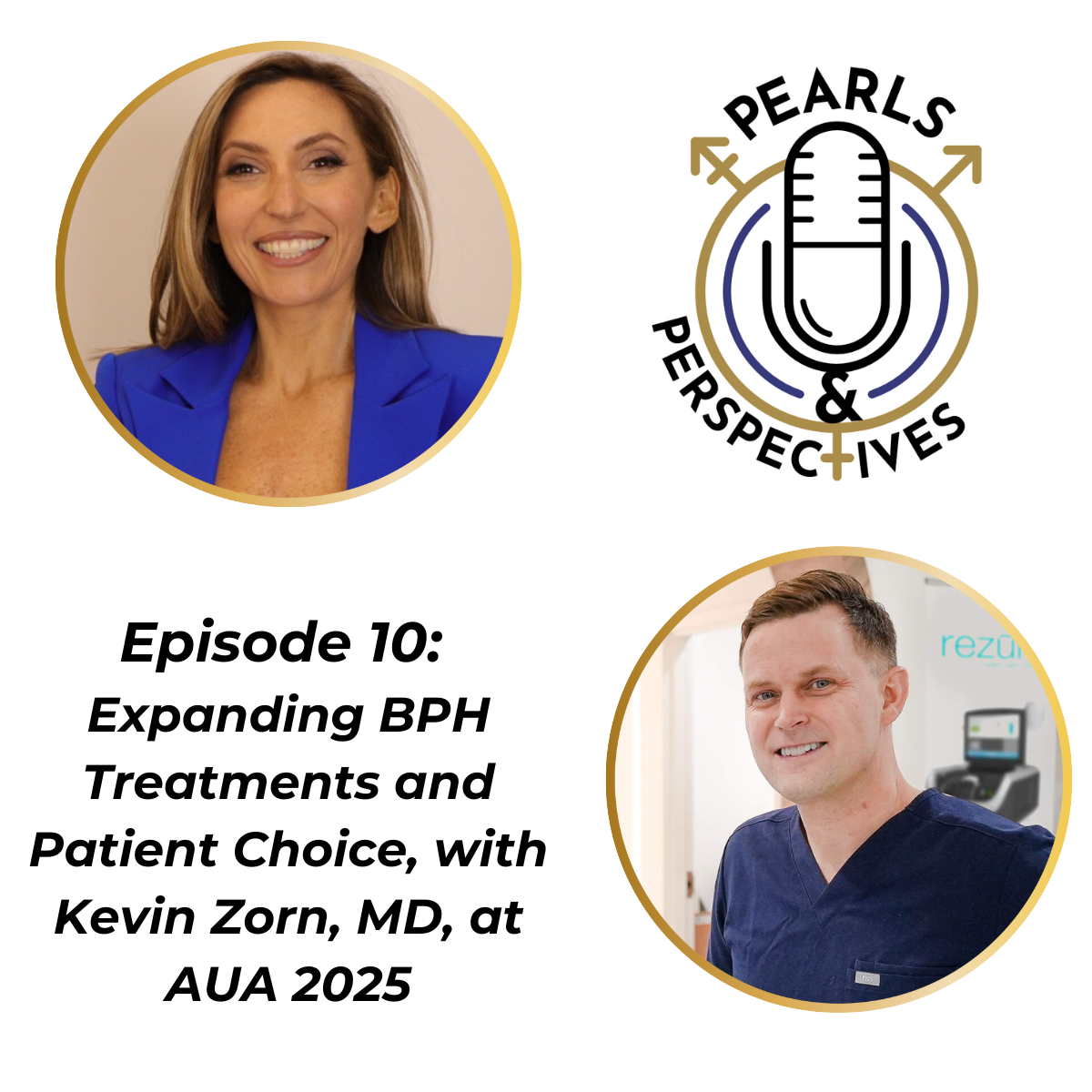Commentary
Article
Dr. Goldfischer discusses LUGPA meeting, health policy, and more
Author(s):
"This is our biggest meeting ever in our 15-year history [with] almost 1100 people here," says Evan R. Goldfischer, MD, MBA, FACS.
In an interview at the 2023 LUGPA Annual Meeting in Orlando, Florida, Evan R. Goldfischer, MD, MBA, FACS, joined Urology Times® to discuss the LUGPA meeting, policy updates affecting urology, and more. Goldfischer is the director of research at Premier Medical Group in Poughkeepsie, New York, and is currently serving his second year as president of LUGPA.
Evan R. Goldfischer, MD, MBA, FACS

Could you provide some highlights from this year's LUGPA meeting?
This is our biggest meeting ever in our 15-year history [with] almost 1100 people here. We have a lot of subdivisions, from lab director working groups to practice administrator workshops, which had almost 200 people.
We've had some terrific presentations. I thought Ross Bernstein’s talk about championing excellence was great. I really liked Secretary Donna E. Shalala's insights about reimbursement and the political situation. Drs. Mara Holton and Josh Langston did an amazing job talking about our political affairs and health advocacy efforts. And I really liked the Disney Institute presentation about employee engagement.
Having the Disney Institute represented here and being able to talk about employee engagement [was great] because there is a shortage of health care workers. We're all hiring. When you hire somebody, it's not just enough to hire them. You want to make sure you get the right person, and if you do have the right person, you want to be able to keep them. It's not just a question of trying to bribe an employee [by] giving more and more money. That only works for a short term. You need to create a culture that the employee buys into and believes in and they want to work for your practice because they believe in your mission [and] they believe in your vision. That's what Disney has done so successfully. Disney does not pay off-the-wall salaries to its rank and file. But they've created an amazing culture so that people really want to work here. They really enjoy it, and they believe in the customer service and the value of the Disney brand. If we can duplicate that in our practices, that'll be great.
Looking into the world of health policy, what is the biggest story that urologists should be paying attention to right now?
Right now, we're looking at physician reimbursement and watching that closely, because our reimbursement, in real dollars, is less now than it was 20 years ago. We're looking at site-of-service differential. We're looking at our dispensing pharmacies and being able to still dispense to patients from our pharmacies. We're looking at our ancillary services. We're looking at 340B pricing and abuse by certain hospital systems. So, those are some of the major the major things on our plate right now.
Could you speak to rising rates of prostate cancer and some of the legislation proposed address those trends?
In 2012, the United States Preventive Services Task Force—which is not a government agency, but because of its name, a lot of people think that it is—recommended against prostate cancer screening. As a result, we've seen the rate of patients presenting with metastatic disease has almost doubled. We see a lot of people who are not getting screened, who should. When you look at the social determinants of health, this is largely Black men who don't have access to the care they should have because of the inequities of health care in United States. As a result, African American men are getting prostate cancer at a much higher rate, they're dying of it at a much higher rate than Caucasians, and we need to do something about that.
Could you highlight the importance of genetic testing and PSA screening in prostate cancer?
In regard to PSA screening, it shouldn't be legislated by the government who gets screened. Every patient is different. Every patient has different priorities and understands the pros and cons of prostate cancer screening. It should be a discussion that the patient has with their doctor about whether to be screened. The other thing we didn't have in 2012 that we have now is genetic testing. We have a lot of different genetic testing. Prior to 2012, there was some overtreatment; there were people who were being treated for prostate cancer, which we would say is non-lethal prostate cancer, and probably shouldn't have been treated. Now that we have genetic testing, it's important that people have access to genetic testing [and] that genetic testing is covered by both the government and by commercial insurance. That will help guide the decision about treatment.
Newsletter
Stay current with the latest urology news and practice-changing insights — sign up now for the essential updates every urologist needs.

















